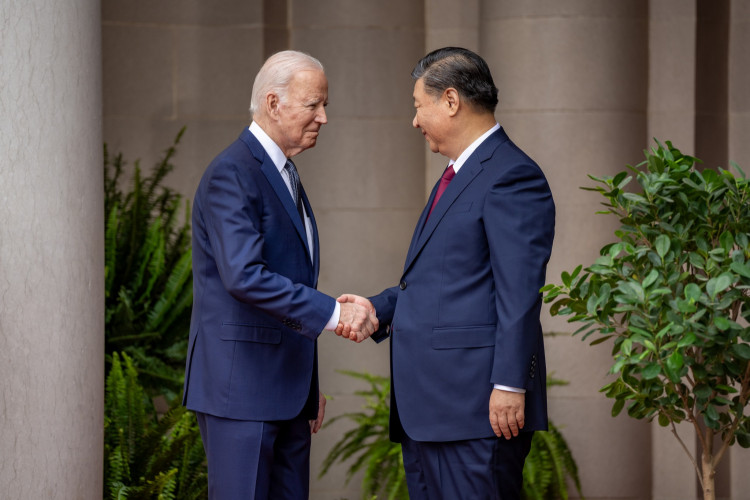U.S. President Joe Biden is expected to announce new tariffs on Chinese imports as early as next week, targeting strategic sectors such as electric vehicles (EVs), semiconductors, and solar equipment, according to sources familiar with the matter. The announcement, which could take place as soon as Tuesday, is set to largely maintain existing levies while imposing additional tariffs on areas of strategic competitive and national security interest.
The move comes as part of the Biden administration's review of the Trump-era trade policy under Section 301 of the U.S. trade law. While specific details on the value and categories of tariffs remain unclear, the administration has reportedly focused on areas that are critical to the ongoing economic competition between the world's two largest economies.
"The full announcement, which could take place as soon as Tuesday, is expected to largely maintain existing levies," according to one of the sources. However, the announcement could also be delayed as the package undergoes further internal debate within the administration.
The impending tariffs are expected to invite retaliation from China, further heightening tensions between the two nations. During his presidency, Donald Trump imposed broad tariffs on Chinese imports, which led to retaliatory levies from Beijing. Despite the potential for escalation, Biden has stated that he does not want a trade war with China, even as he acknowledges the new paradigm of competition between the two countries.
Both Biden and his Republican rival, Donald Trump, have departed from the free-trade consensus that once dominated Washington, particularly in the wake of China's accession to the World Trade Organization in 2001. Trump has proposed across-the-board tariffs, which White House officials see as too blunt and likely to spark inflation. In contrast, Biden aims to take a more targeted approach, focusing on strategic industries.
"Biden, a Democrat seeking re-election in November, is looking to contrast his approach with that of Republican candidate Donald Trump," said one of the sources. The president's strategy is to strike a balance between protecting American interests and avoiding a full-scale trade war that could harm the U.S. and global economy.
Last month, Biden called for sharply higher U.S. tariffs on Chinese metal products, estimated at more than $1 billion of steel and aluminum products, according to a U.S. official. He also announced an investigation into Chinese trade practices across the shipbuilding, maritime, and logistics sectors, which could lead to additional tariffs in the future.
The Biden administration has been pressuring neighboring Mexico to prohibit China from selling its metal products to the United States indirectly through the country. China, for its part, has maintained that tariff measures are counterproductive and inflict harm on both the U.S. and global economy.
The forthcoming announcement on new tariffs targeting Chinese EVs, semiconductors, and solar equipment is expected to be the culmination of the administration's review of the sweeping tariffs first introduced under President Trump. The move is likely to have significant implications for the ongoing trade relationship between the United States and China, as well as the global economy as a whole.






